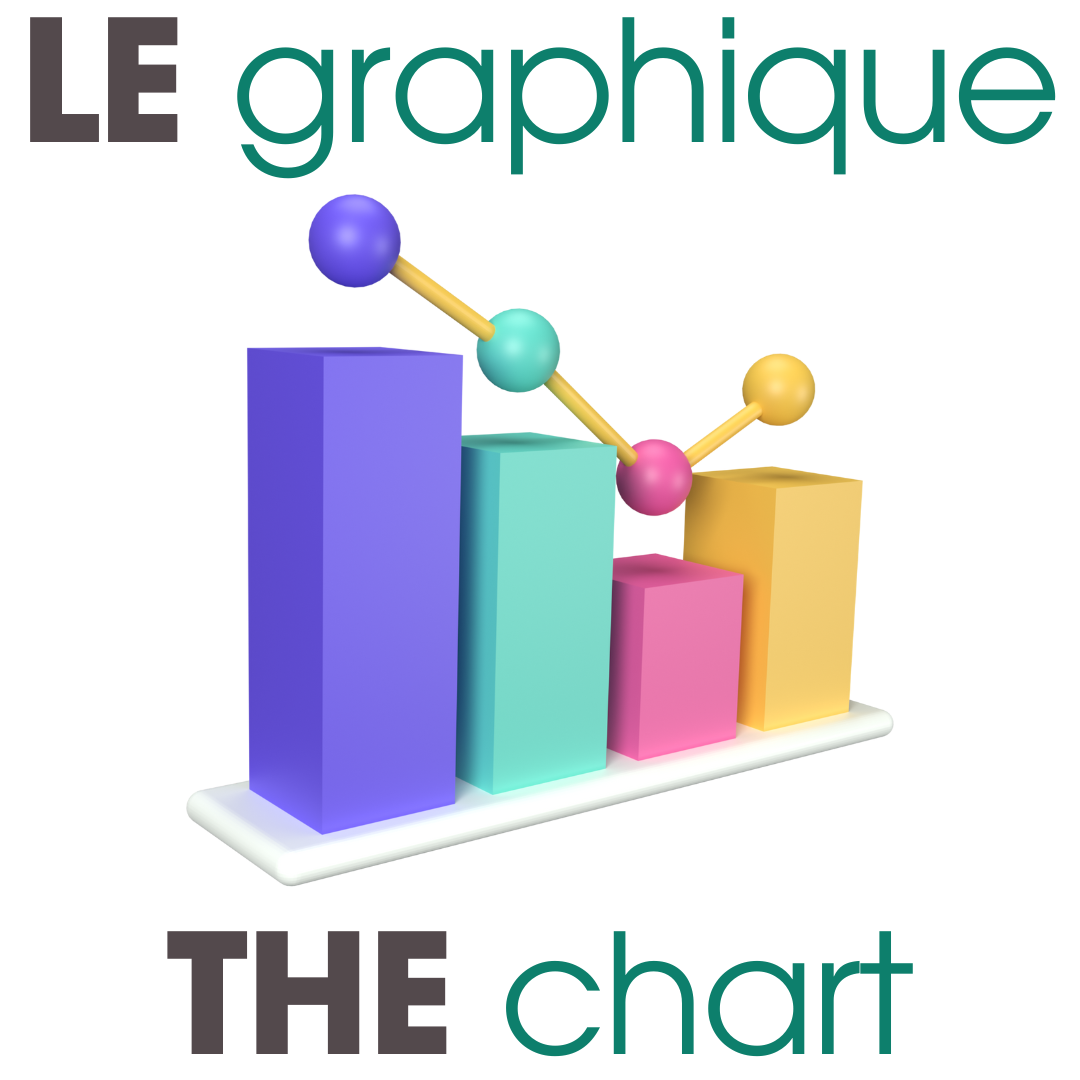Conceptualizing Violence in Space as a Flow
By Mathieu Couttenier, Julian Marcoux, Thierry Mayer, Mathias Thoening
Many analyses of armed conflicts fail to take into account the spatial origins of combatant groups, as well as the competition among them on predation markets that underlies the diffusion of violence.




